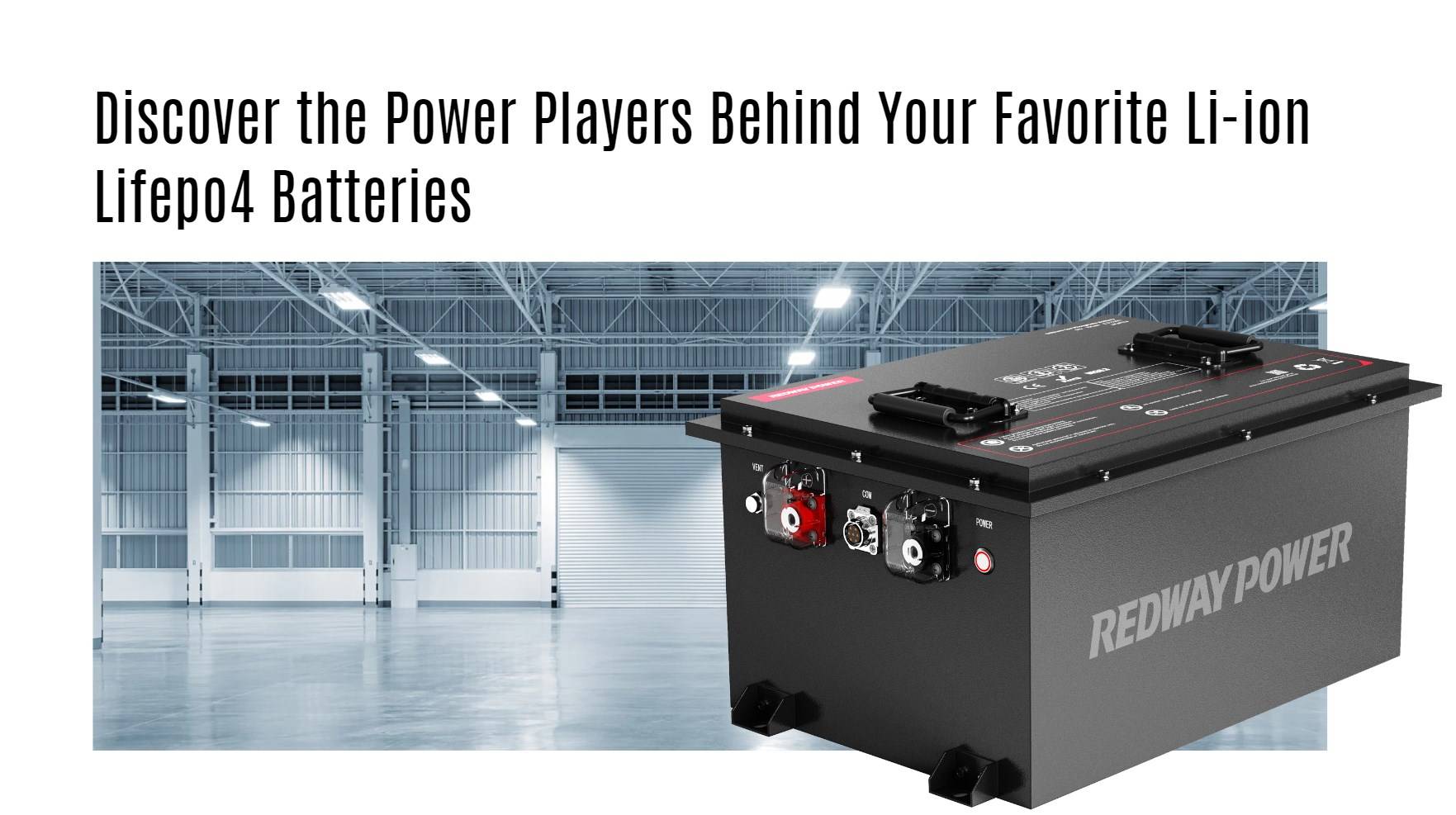LiFePO4 batteries are becoming increasingly popular due to their safety, longevity, and eco-friendliness. This article explores the leading manufacturers behind these batteries, their characteristics, and what to consider when choosing a supplier.
What are the key characteristics of LiFePO4 batteries?
LiFePO4 (Lithium Iron Phosphate) batteries are known for several key characteristics:
- Safety: They have a stable chemical structure that reduces the risk of thermal runaway.
- Longevity: These batteries typically offer a longer lifespan, with cycle lives ranging from 2000 to over 3500 cycles.
- Environmental Impact: Made from non-toxic materials, they are more eco-friendly compared to other lithium-ion chemistries.
Chart: Key Characteristics of LiFePO4 Batteries
| Characteristic | Description |
|---|---|
| Safety | Lower risk of overheating |
| Longevity | Longer lifespan (up to 3500 cycles) |
| Eco-Friendly | Non-toxic materials |
Who are the top manufacturers of LiFePO4 batteries?
The leading manufacturers in the LiFePO4 battery market include:
- CATL: The largest producer globally, known for its high-quality lithium batteries.
- BYD: A major player in electric vehicles and energy storage solutions.
- EVE Energy: Offers a variety of high-performance LiFePO4 batteries.
- CALB: Specializes in commercial applications and energy storage systems.
- Lishen: Known for its prismatic aluminum-cased cells suitable for various applications.
Chart: Leading Manufacturers of LiFePO4 Batteries
| Manufacturer | Market Share (%) | Key Products |
|---|---|---|
| CATL | 47.6 | EV batteries, energy storage |
| BYD | 32.1 | Electric vehicles |
| EVE Energy | 11.5 | Commercial vehicle batteries |
| CALB | 1.9 | Energy storage systems |
| Lishen | 1.3 | General-purpose batteries |
How do Grade A and B cells differ in performance?
Grade A and B cells differ significantly in performance:
- Grade A Cells: Offer higher energy density, lower internal resistance, and longer cycle life, typically exceeding 3500 cycles with minimal capacity fade.
- Grade B Cells: While still functional, they may have higher internal resistance and shorter cycle life, making them less suitable for high-demand applications.
Chart: Performance Comparison
| Performance Metric | Grade A Cells | Grade B Cells |
|---|---|---|
| Internal Resistance | Low | Higher |
| Cycle Life | Up to 3500 cycles | Fewer cycles than Grade A |
| Energy Density | Higher | Moderate |
Why is it important to choose a reputable manufacturer?
Choosing a reputable manufacturer is crucial for ensuring product quality, safety, and performance. Established manufacturers often adhere to strict quality control measures and have certifications that guarantee their products meet industry standards. This reliability is essential for applications where battery failure can have significant consequences.
What applications benefit from using LiFePO4 batteries?
LiFePO4 batteries are versatile and can be used in various applications:
- Electric Vehicles (EVs): Require high efficiency and long cycle life.
- Solar Energy Storage Systems: Depend on consistent performance for energy management.
- Power Tools: Benefit from lightweight and durable battery solutions.
- Backup Power Systems: Provide reliable power during outages.
Chart: Applications of LiFePO4 Batteries
| Application Type | Description |
|---|---|
| Electric Vehicles | High efficiency and longevity |
| Solar Energy Storage | Reliable energy management |
| Power Tools | Lightweight and durable |
| Backup Power Systems | Consistent power during outages |
How is the market for LiFePO4 batteries evolving?
The market for LiFePO4 batteries is rapidly evolving as demand increases for renewable energy solutions and electric vehicles. Manufacturers are investing heavily in research and development to improve battery technology, enhance production capabilities, and reduce costs. This evolution is expected to drive further adoption across various industries.
What should you consider when selecting a LiFePO4 battery supplier?
When selecting a supplier for LiFePO4 batteries, consider:
- Quality Certifications: Ensure they meet industry standards such as ISO or UL certifications.
- Product Range: Look for suppliers that offer various models suitable for your specific needs.
- Customer Support: Evaluate their responsiveness and willingness to assist with inquiries or issues.
Buy Wholesale Battery Tips
For buyers looking to purchase wholesale batteries or place OEM orders, partnering with a reputable manufacturer like Redway Battery is advisable. With over 13 years of experience in lithium battery production, Redway offers high-quality products tailored to customer specifications. To make OEM orders:
- Identify your specific requirements (capacity, size).
- Contact Redway’s sales team with your specifications.
- Review samples before placing bulk orders.
This process ensures you receive reliable products that meet your needs.
FAQ Section
- What are the main benefits of using LiFePO4 batteries?
LiFePO4 batteries offer enhanced safety, longer lifespan, lower costs, and environmental benefits compared to traditional lithium-ion options. - Who are the top manufacturers of LiFePO4 cells?
Top manufacturers include CATL, BYD, EVE Energy, CALB, and Lishen. - What applications can benefit from LiFePO4 technology?
Applications include electric vehicles, solar energy storage systems, power tools, and backup power systems. - How do I choose a reliable supplier?
Look for quality certifications, product range, customer support reputation, and industry experience when selecting a supplier. - What factors affect the lifespan of LiFePO4 batteries?
Factors include charging practices, depth of discharge, operating temperature, and overall usage patterns.



